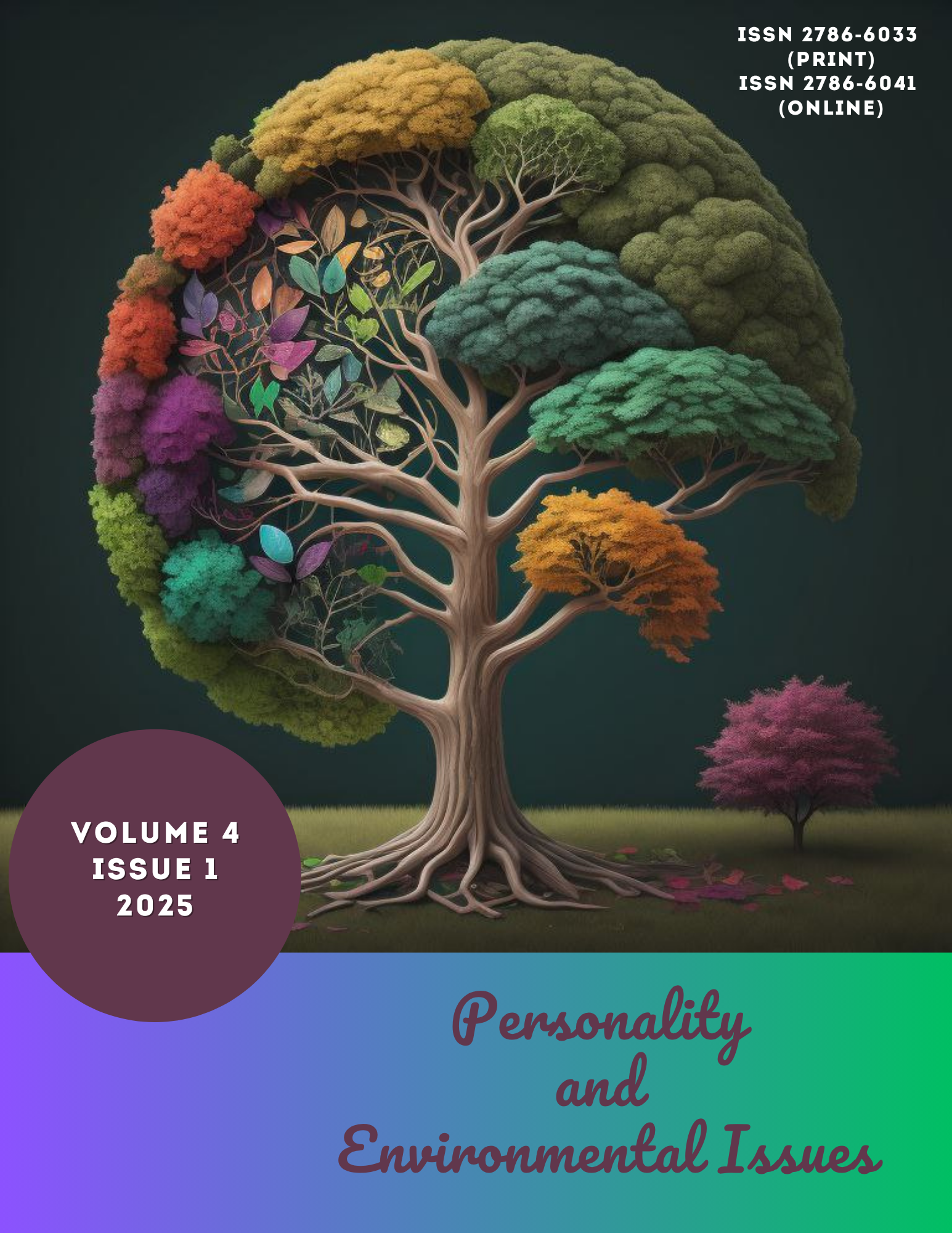Abstract
To fully understand the notion of identity it is essential to trace its origins back to ancient times. The evolution of identity has been influenced by a wide range of intellectual, cultural, and social forces, and examining its historical development makes it possible to appreciate the complexity and depth of this concept.
The origins of the concept of identity can be traced back to ancient Greek philosophy, where Parmenides, Heraclitus, Plato, and Aristotle attempted to answer questions about the nature of identity. In the medieval periods Christian theologians such as Augustine of Hippo, Anselm of Canterbury, Thomas Aquinas and others were thinking about identity through the lens of the soul, salvation, and divine purpose. The identity of a person was seen as something that was rooted in the relationship between the individual and God.
The Renaissance marked a shift in how identity was viewed. The rise of humanism, a cultural and intellectual movement, emphasized the value and dignity of the individual. Thinkers like Petrarch, Machiavelli, Erasmus and others began to focus more on human nature and personal development, encouraging individuals to explore their personal identity through introspection and self-examination.
The Enlightenment brought about a more rational and empirical approach to identity. For instance, John Locke argued that personal identity was tied to the continuity of consciousness and memory rather than to the soul or body. His theory helped lay the groundwork for modern psychological approaches to identity, focusing on the individual’s inner life and self-awareness.
By understanding the roots of identity it is possible to gain a more comprehensive view of the self and how it has been constructed, both individually and collectively, throughout history.
References
Aristotle. The Metaphysics / trans. & introduction H. Lawson-Tancred. London: Penguin Books, 1999. 528 p.
Bauer, S. Wise. The History of the Medieval World. New York, London: W. W. Norton, 2010. 768 p.
Clark, M. T. Augustine. London: Geoffrey Chapman, 1994. 136 p.
Descartes, R. A Discourse on the Method / trans. & an intro.: I. Maclean. Oxford: Oxford University Press, 2006. 158 p.
Duignan, B. (ed.). Ancient Philosophy: From 600 BCE to 500 CE. N.Y.: Britannica Educational Publishing, 2011. 211 p.
Erasmus, D. The Colloquies / trans.: Craig R. Thompson. The University of Chicago Press, 1965. 662 p.
Gilson, E. History of Christian Philosophy in the Middle Ages. London: Sheed and Ward, 1972. 848 p.
Kenny, A. A New History of Western Philosophy. In four parts. Oxford: Clarendon Press, 2010. 1894p
Kirk, G. S., Raven, J. E. & Schofield, M. The Presocratic Philosophers: A Critical History with a Selection of Texts. Cambridge: Cambridge University Press, 1971. 501 p.
Locke, J. An Essay Concerning Human Understanding / ed.: P. H. Nidditch. Oxford: Oxford University Press, 1979. 924 p.
Montaigne, M. de. The Complete Essays / trans.: M. A. Screech. London: Penguin, 2003. 1284 p.
Nicholas, D. The Evolution of the Medieval World, 312-1500. Abingdon: Routledge, 2014. 560 p.
Plato. Phaedo / trans.: B. Jowett. Maryland: ARC Manor, 2008. 120 p.
Rousseau, J.-J. The Social Contract and the First and Second Discourses / ed. & an intro.: S. Dunn. New Haven and London: Yale University Press, 2002. 315 p.
Russell, B. History of Western Philosophy. New York: Simon and Schuster, 2008. 928 p.
Spinoza’s Ethics / ed.: C. Carlisle; trans.: G. Eliot. Princeton: Princeton University Press, 2020. 384 p.
Vaan, de M. Etymological Dictionary of Latin and the other Italic Languages. Leiden – Boston: BRILL, 2008. 820 p.

This work is licensed under a Creative Commons Attribution 4.0 International License.
Copyright (c) 2025 Світозара Бігунова





